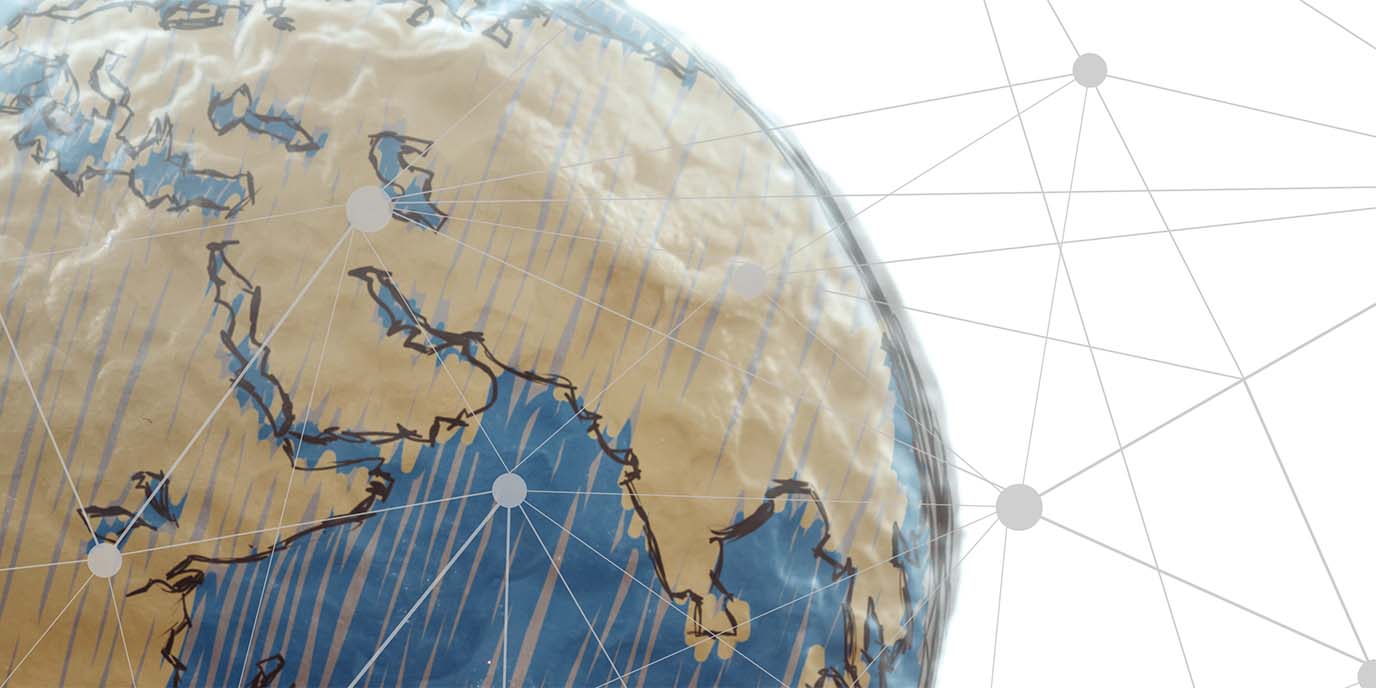Strengthening resilience
Project leader(s):
Prof. dr. Dirk Pieter van Donk, dr. Kirstin Scholten
Consortium:
University of Groningen, FrieslandCampina, Variass Electronics, Waterbedrijf Groningen, Bosch Thermotechniek
Funding from:
85% Dutch Research Council (NWO) and 15% participating companies
Time period:
2016-2020
Summary:
A significant characteristic of the business community today is a high degree of integration, both within businesses and between the links of logistic chains. Due to the emphasis companies increasingly put on lean, more efficient operations and inventory reduction, buffer stocks in chains have dropped significantly. This means that a disruption in one link can affect the rest of the chain quicker and more intensely than it did in the past. While natural disasters, riots and strikes are compelling examples, a production line failure and delays in transport may cause disruptions too.
These disruptions require immediate solutions and interventions, which often calls for extra manpower, resources and materials to mitigate any adverse consequences. In the worst-case scenario, these disruptions may jeopardise the continuity of operations. Therefore, businesses should reduce the impact of disruptions. They can do this by correcting any disruptions as rapidly as possible and by mitigating the severity of the consequences. The question remains how businesses can manage this without increasing their inventory buffers.
This multi-disciplinary research project combined knowledge of supply chain management with insights derived from behavioural sciences, in particular in regard to group decision-making.
The research project had two aims:
-
Prior to this project, resilience had mainly been looked at from the perspective of one single organisation. It had not, or hardly, been considered in the framework of a supply chain. Initially, this project examined how disruptions spread throughout the entire chain and how supply chains can be designed to be less vulnerable.
-
The project also studied how the various decision-makers in the various chain partners would react in order to collectively solve the disruptions in the supply chain rapidly and effectively. The project also examined what decision processes and structures would be suitable for that purpose.


